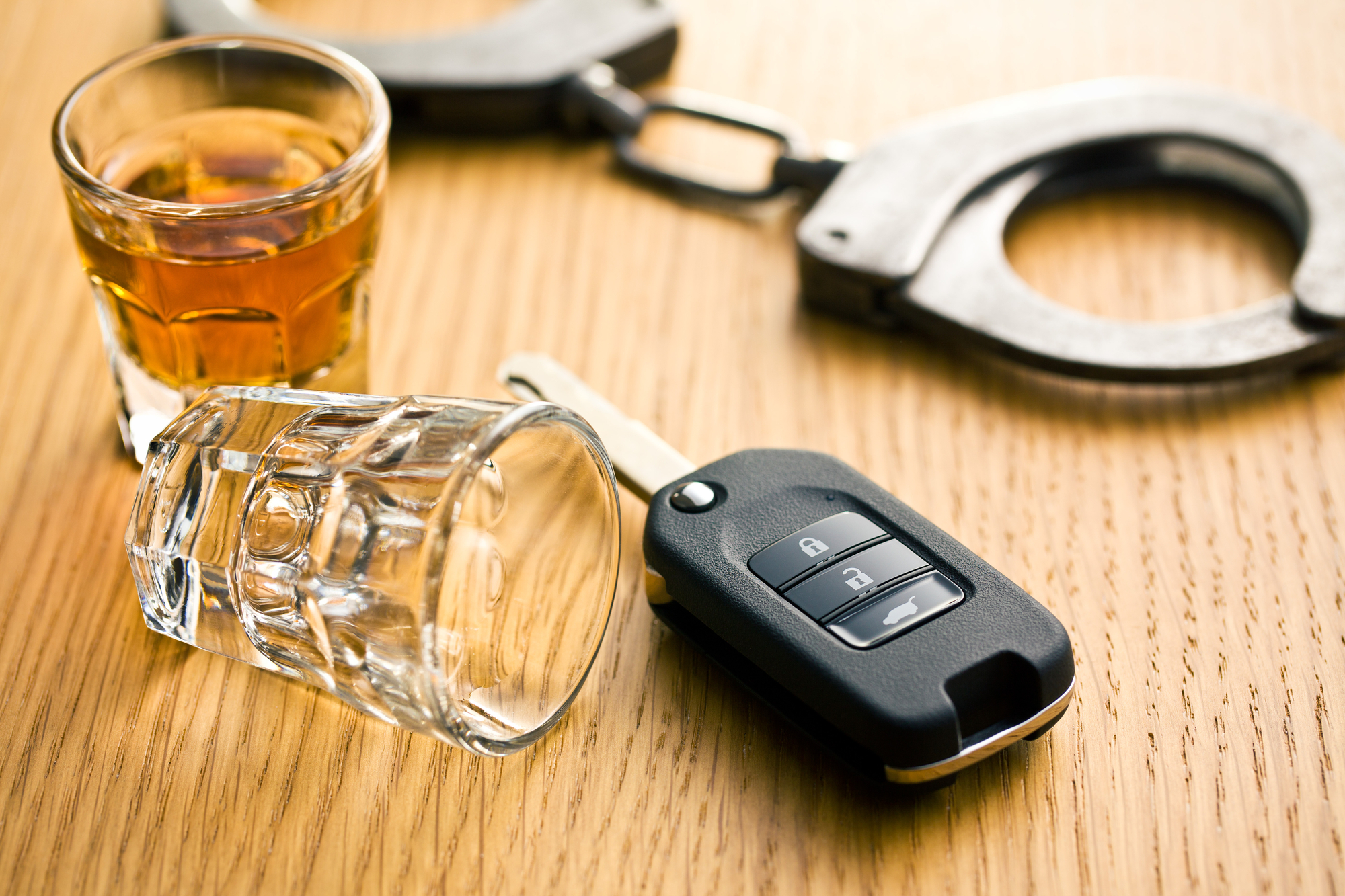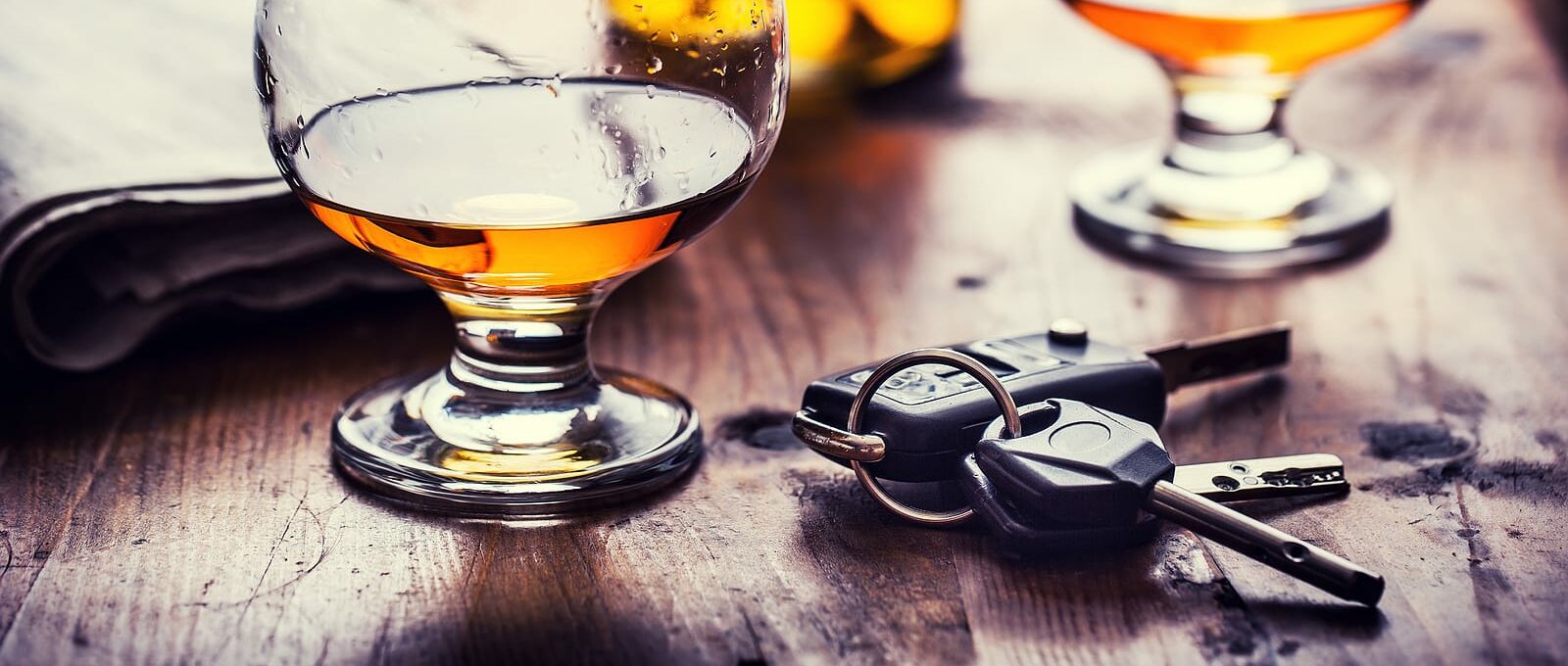How Common Are DUIs in America?
Driving under the influence of drugs, alcohol, or a combination of both substances is illegal in every state. Drunk driving charges are serious, and even first-time offenders can face jail time, probation, fines, a license suspension, and more. Even with these harsh consequences, roughly 1 million people in America get charged with driving under the influence every year.
If you or someone you know has been charged with drunk driving, consulting a team of experienced DUI defense attorneys is essential. Unlike other driving infractions, DUIs are criminal charges that can carry criminal penalties. Having a criminal conviction on your record can prevent you from applying to certain jobs, securing housing, or even applying to educational institutions.
Our law office would be happy to assist you with any DUI charges you may be facing. For more information and to receive a free consultation, contact us today at 866-927-3295.
Which Vehicles Get DUIs Most Often?
After a DUI charge, an individual’s car insurance rates almost always increase. Using the self-reported data from car insurance applications, researchers can get an estimated number of vehicles with the most DUIs in a year.
Below are the car models with the most DUIs:
- Acura NSX
- Chevrolet Astro
- Audi A4 Allroad
- Nissan NV
- GMC Suburban
- Cadillac Seville
- Chevrolet Caprice
- Audi A5
- Toyota Land Cruiser
- Buick Lucerne
The cars with the most DUIs in a single year are a mix of luxury brands and standard brands. The Audi A5 has a five-star safety rating from the National Highway Traffic Safety Administration (NHTSA), but it’s the only car on the list that does. Many of the vehicles with the lowest DUI rates are no longer being produced, like the Mercury Mystique and the Volvo XC70.
Can Law Enforcement Officers Pull You Over Based on Your Vehicle?
If you own a vehicle that ranks on the list of most DUIs in a single year, you may be wondering if that will be used against you. Fortunately, law enforcement officers must have probable cause to pull you over and make a traffic stop.
Probable cause is reasonable suspicion that something illegal is happening. In the case of DUI charges, probable cause would be driving dangerously or erratically, like speeding, swerving, braking excessively, or running red lights and stop signs. If a law enforcement officer makes a traffic stop without probable cause, a lawyer on our team could argue that the entire case against you is now unlawful.
The model of the vehicle that you drive does not constitute probable cause for a DUI arrest. Even if you are pulled over, officers still have to confirm that you are intoxicated in some way. In most cases, they will use a breathalyzer test to measure your blood alcohol content (BAC). If your BAC is above 0.08%, you can be charged with a DUI.
Similarly, officers may use field sobriety tests to measure your level of intoxication. Field sobriety tests can involve the one-leg stand and the walk-and-turn. If officers find that you are unable to complete these tests or you appear inebriated, you will likely be charged with a DUI.
How Do You Defend Against a DUI Charge?
No matter what kind of car you drive, DUI charges are serious and can impact your life in many ways. Fortunately, there are a few defense strategies you can use with the help of an attorney from our experienced legal team. Your specific defense strategy will depend on the nature of your charges and your criminal history. However, there are some common defenses that our team often uses.
The following defense strategies are the most common in DUI cases:
Lack of Probable Cause
Officers must have probable cause to pull your vehicle over for suspected drunk driving. If you were not driving dangerously or erratically, a member of our team could argue that your traffic stop (and your subsequent arrest) was unlawful.
Police Procedural Error
Law enforcement officers must follow legal procedures when making an arrest or traffic stop. If officers made a mistake or violated your rights in any way, an attorney on our team could argue that the case against you is faulty and cannot be pursued in court.



